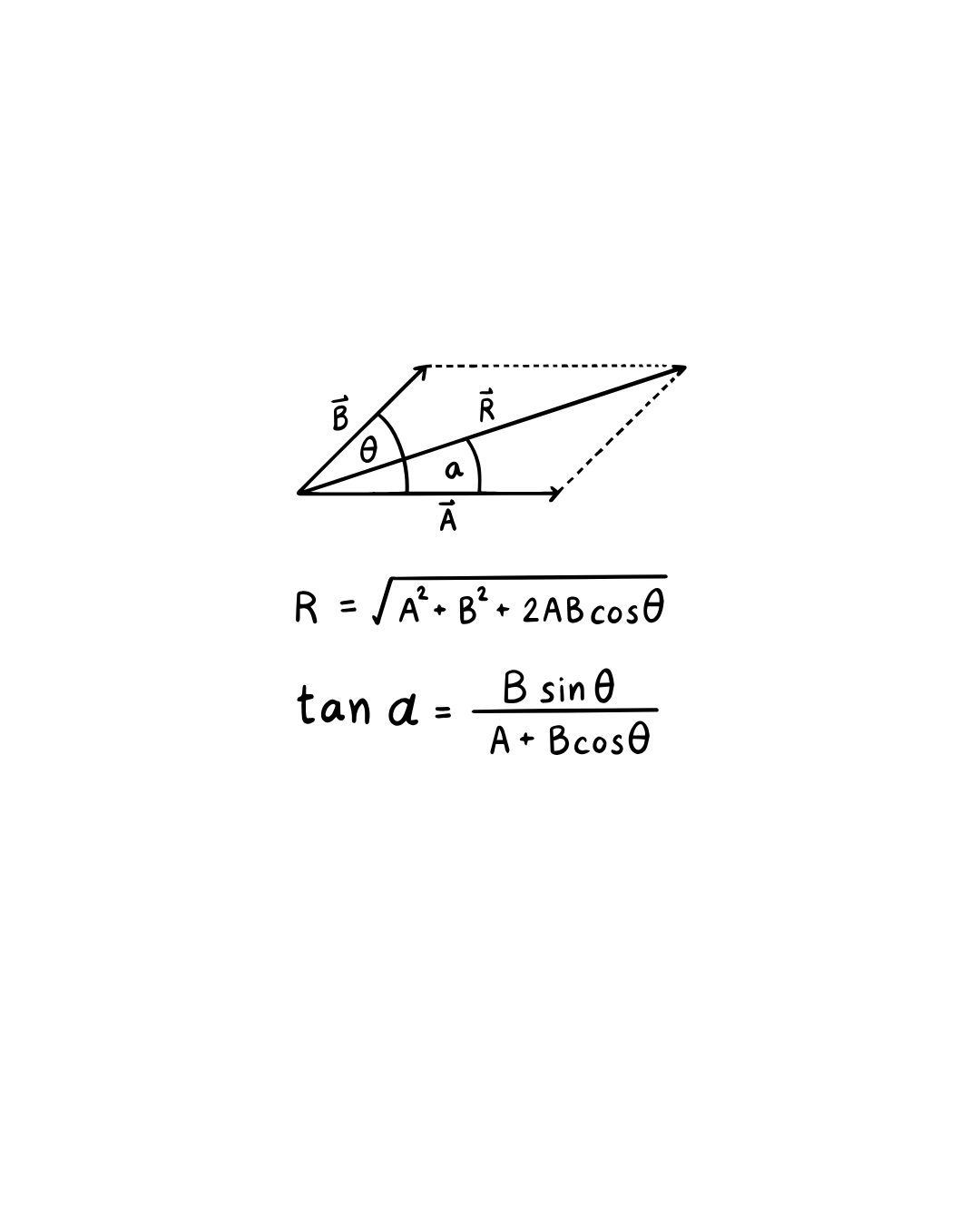Description
A Bachelor of Science (B.Sc) in Physics is an undergraduate degree that focuses on the principles and applications of physics, the fundamental science that studies matter, energy, and their interactions. This program equips students with a strong foundation in theoretical concepts and practical skills related to various areas of physics.
Program Overview
Duration: Typically lasts 3 to 4 years, depending on the country and educational institution.
Mode: Offered in full-time, part-time, or online formats, allowing flexibility for different learning preferences and schedules.
Eligibility: Generally requires a high school diploma or equivalent, with a strong background in mathematics and science, particularly physics.
Core Curriculum
The curriculum for a B.Sc in Physics typically includes a mix of theoretical and experimental courses covering a wide range of topics, including:
Classical Mechanics: Study of the laws of motion, forces, and the behavior of physical systems.
Electromagnetism: Exploration of electric and magnetic fields, Maxwell’s equations, and their applications.
Thermodynamics: Examination of heat, energy transfer, and the laws governing thermodynamic processes.
Quantum Mechanics: Introduction to the principles of quantum theory, including wave-particle duality and quantum behavior.
Optics: Study of light, its properties, and phenomena such as reflection, refraction, and diffraction.
Modern Physics: Exploration of contemporary topics, including relativity, solid-state physics, and atomic structure.
Mathematical Methods for Physicists: Application of advanced mathematical techniques critical for solving physics problems.
Experimental Physics: Hands-on laboratory work where students design experiments and analyze data to test theoretical principles.
Skills Developed
Analytical Thinking: Ability to approach problems methodically and apply scientific reasoning to develop solutions.
Technical Proficiency: Skills in using laboratory equipment, conducting experiments, and interpreting quantitative data.
Mathematical Skills: Proficiency in mathematical methods required to describe physical phenomena and solve complex equations.
Problem-Solving: Enhanced ability to tackle real-world challenges through scientific inquiry and experimentation.
Career Opportunities
Graduates with a B.Sc in Physics have diverse career options across various fields, including:
Research Scientist: Conducting experiments and investigations in academic, government, or private research institutions.
Physicist: Working in areas such as astrophysics, condensed matter physics, or particle physics, analyzing physical processes.
Engineer: Applying physical principles in fields such as aerospace, mechanical, or electrical engineering.
Data Analyst: Utilizing analytical skills to interpret data in sectors like finance, technology, or healthcare.
Science Educator: Teaching physics or other sciences at the high school or college level after obtaining the necessary teaching credentials.
Medical Physicist: Working in healthcare settings, applying physics concepts in medical technologies and radiation therapy.
Benefits of Pursuing a B.Sc in Physics
Strong Foundations: Provides a thorough understanding of fundamental physics concepts that apply to various scientific and engineering fields.
Versatile Skill Set: Equips students with analytical and technical skills that are highly valued in the job market.
Research Opportunities: Many programs offer opportunities for undergraduate research, allowing students to gain hands-on experience and contribute to scientific advancements.
Additional Considerations
When considering a B.Sc in Physics:
Accreditation: Verify that the program is accredited by relevant educational bodies or institutions.
Research Facilities: Look for universities with well-equipped laboratories and research opportunities.
Interdisciplinary Options: Some programs offer specializations or minors in related fields, such as astrophysics or environmental science, which can enhance career prospects.
If you have specific questions about the program, its components, or potential career opportunities in physics, feel free to ask!









